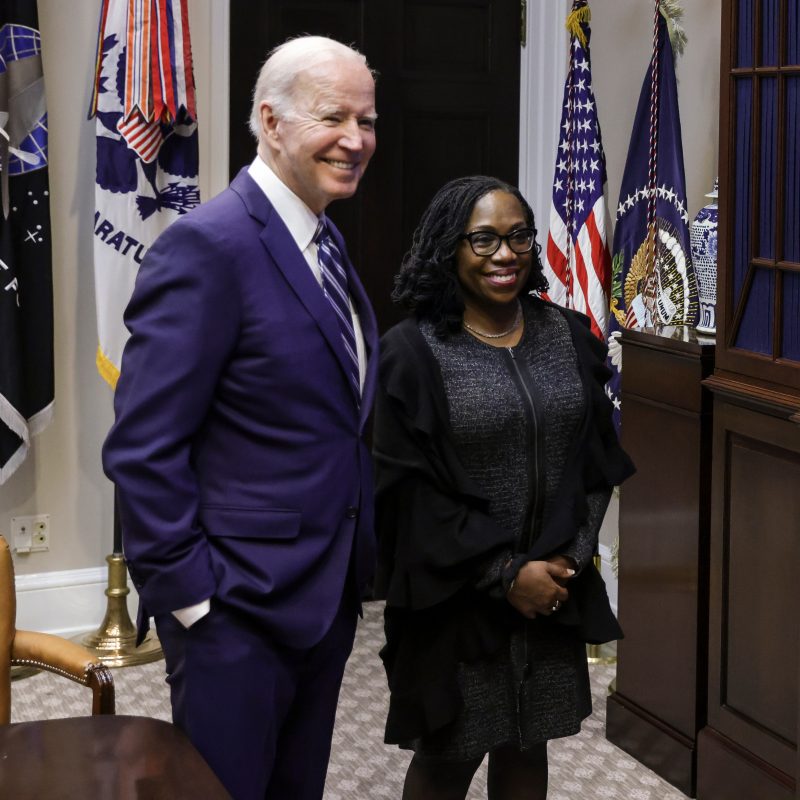In the world of American politics, the issue of Supreme Court reform has always been a hotly debated topic. The recent speculation that President Joe Biden may endorse a proposal to expand the Supreme Court has sparked new discussions and considerations on this matter. This potential move marks a significant shift in the political landscape, with implications that could have lasting effects on the judiciary and the balance of power within the government.
The idea of expanding the Supreme Court, often referred to as court packing, is not a new concept. The number of Supreme Court justices has remained at nine since 1869, and some argue that this number is no longer sufficient to address the complexities of contemporary legal issues. The proposal to add more justices to the Court has been met with mixed reactions, with supporters arguing that it would bring greater ideological balance and diversity to the bench, while opponents raise concerns about the potential for politicization and erosion of the Court’s independence.
President Biden’s potential endorsement of Supreme Court reform represents a departure from the stance he took during his presidential campaign, where he expressed skepticism towards the idea of court packing. In the face of mounting pressure from progressive groups and Democrats frustrated by the conservative majority on the Court, Biden appears to be reconsidering his position and signaling openness to exploring reforms that could reshape the judiciary for years to come.
If President Biden indeed throws his support behind court packing, it would mark a significant shift in the Democratic Party’s approach to the judiciary. Historically, Democrats have been wary of altering the composition of the Supreme Court, fearing accusations of power grabs and undermining the institution’s credibility. However, the growing influence of the conservative majority on the Court and the Republican Party’s successful efforts to fill vacancies with right-leaning justices have fueled calls for bold action to rebalance the scales.
The potential endorsement of Supreme Court reform by President Biden raises many questions about the future of the judiciary and the separation of powers in the United States. It would undoubtedly be a major turning point in the ongoing debate over the role and function of the Supreme Court, and could have far-reaching consequences for the legal system, the political landscape, and the American people.
As the discussion around Supreme Court reform continues to evolve, it is crucial for policymakers, legal scholars, and the public to engage in informed debate and thoughtful analysis of the implications of any proposed changes. The stakes are high, and the decisions made in this critical moment could shape the course of American jurisprudence for generations to come.




























